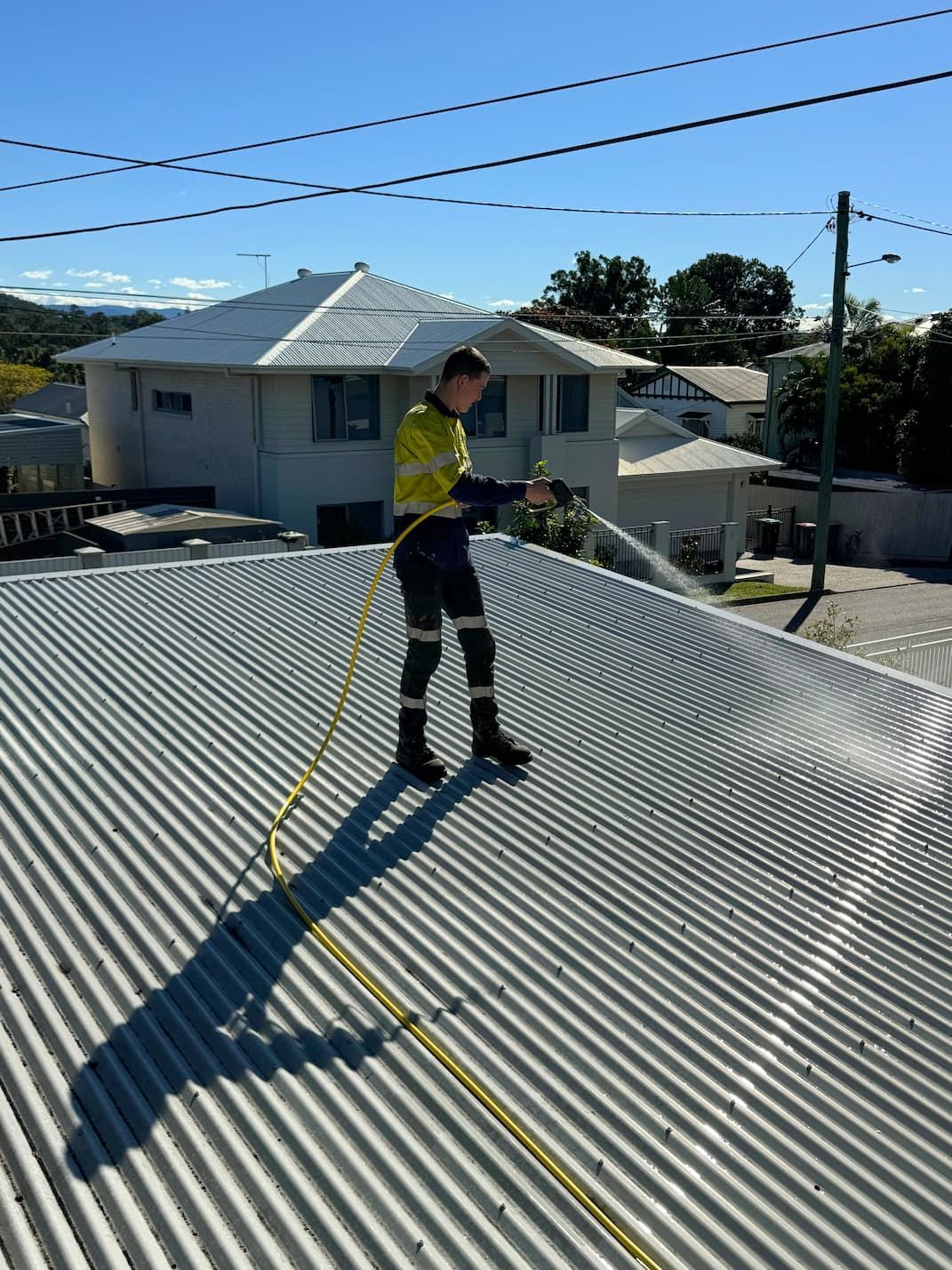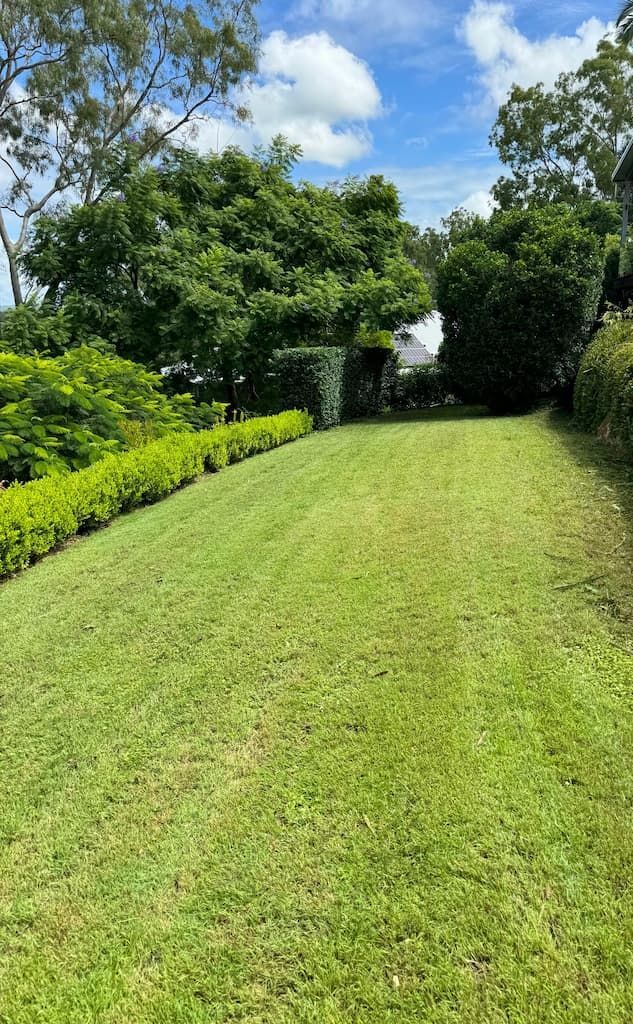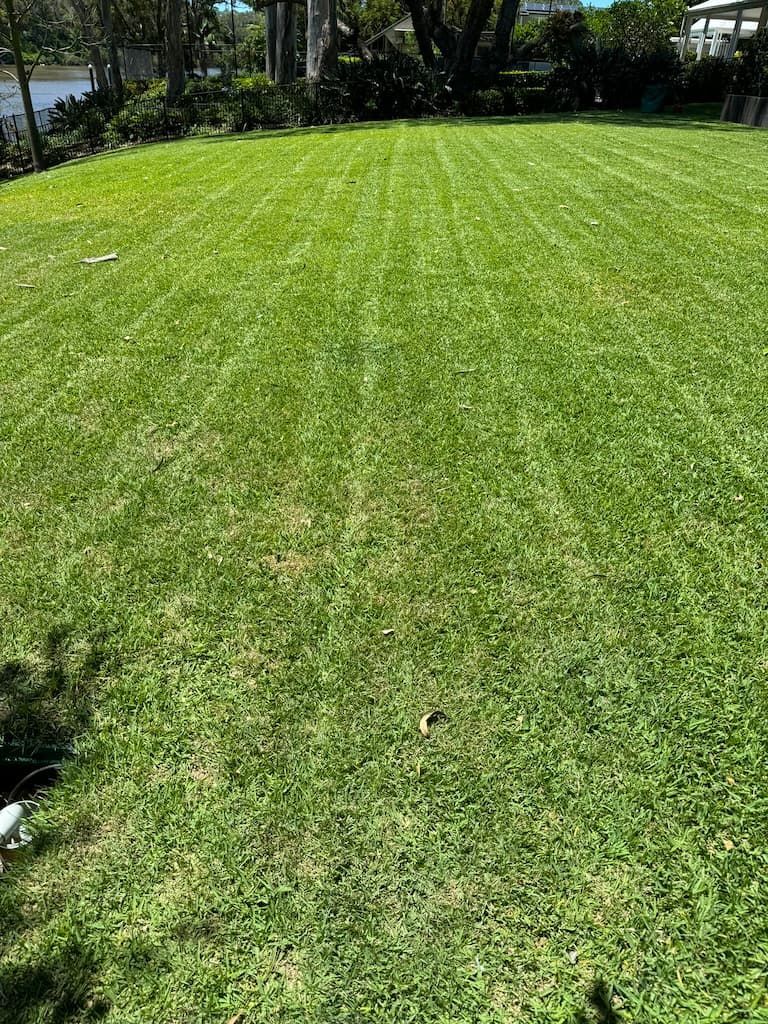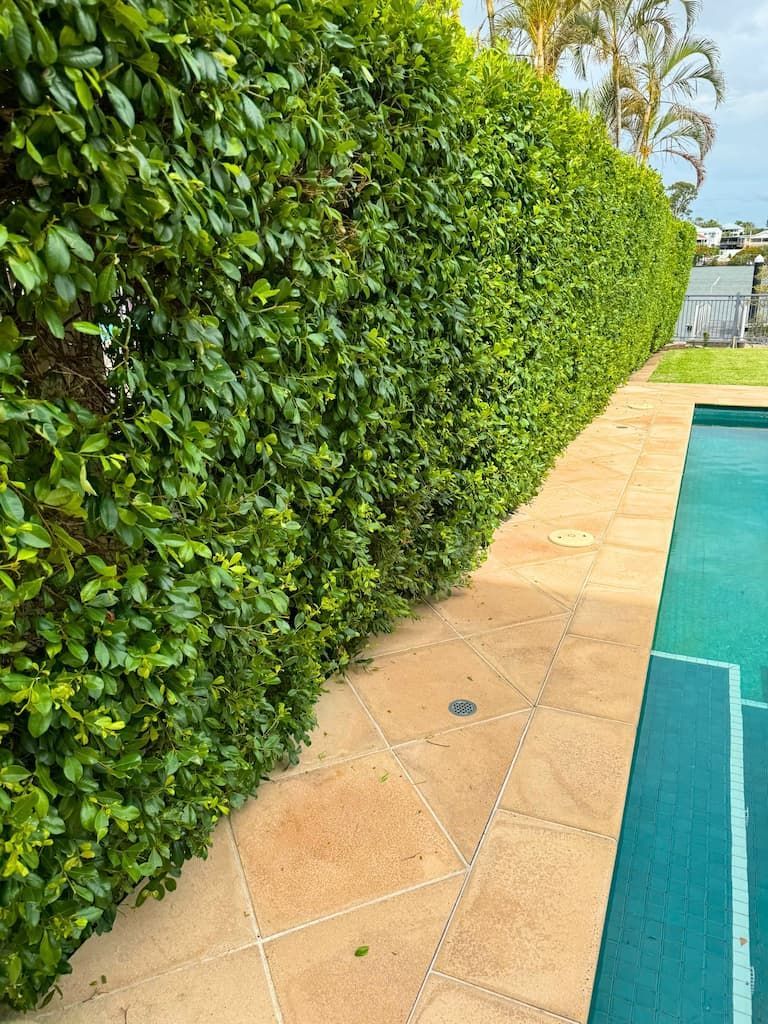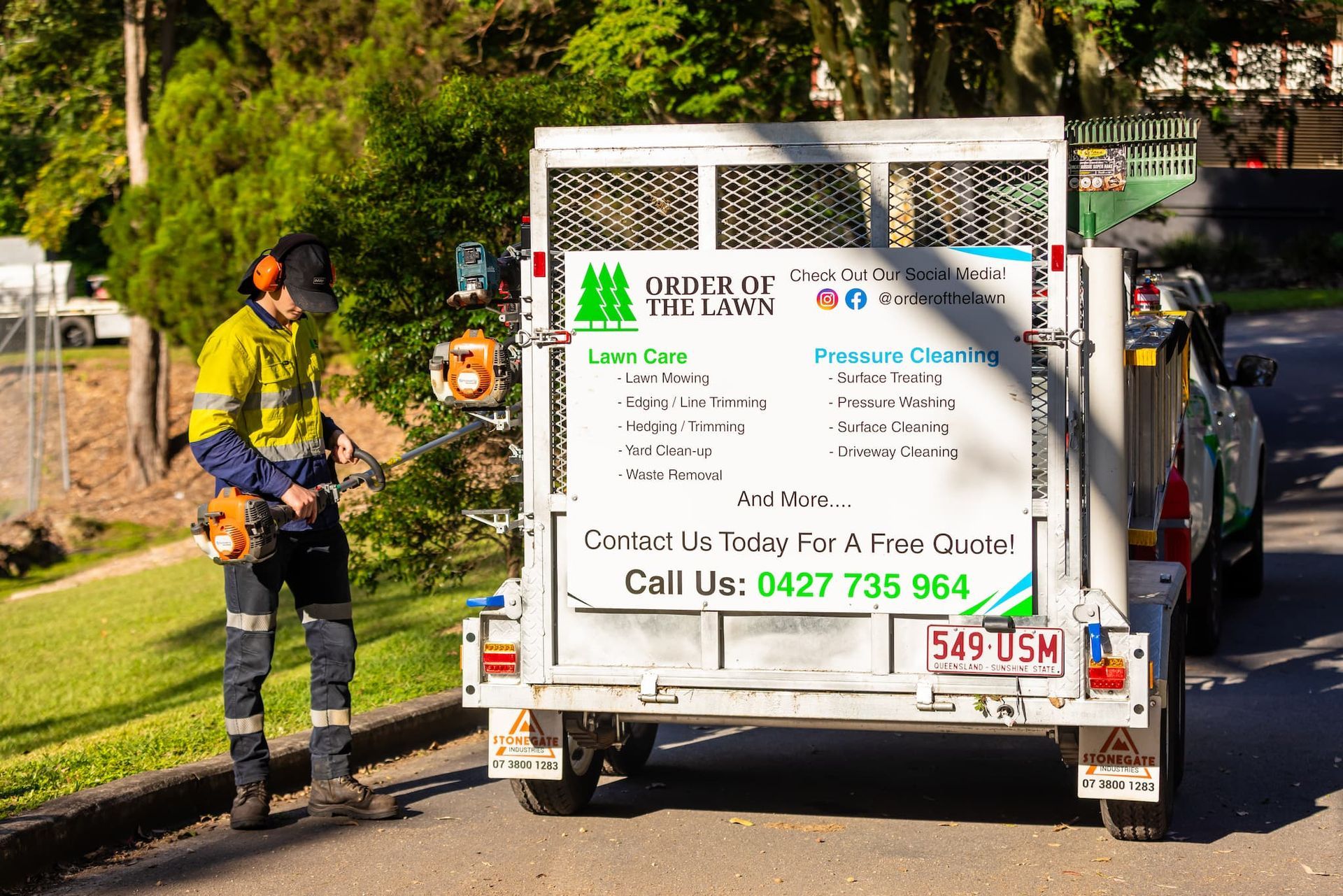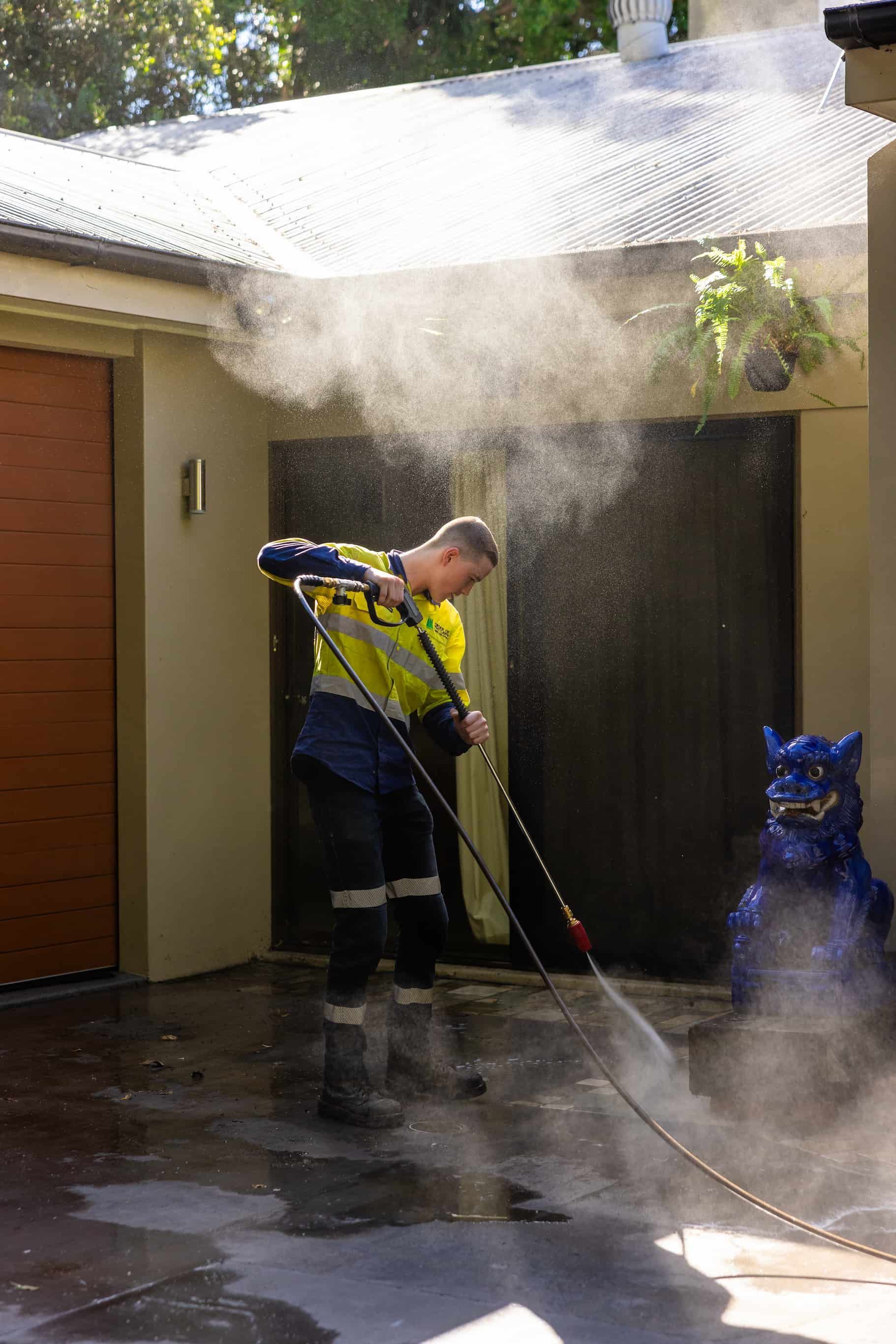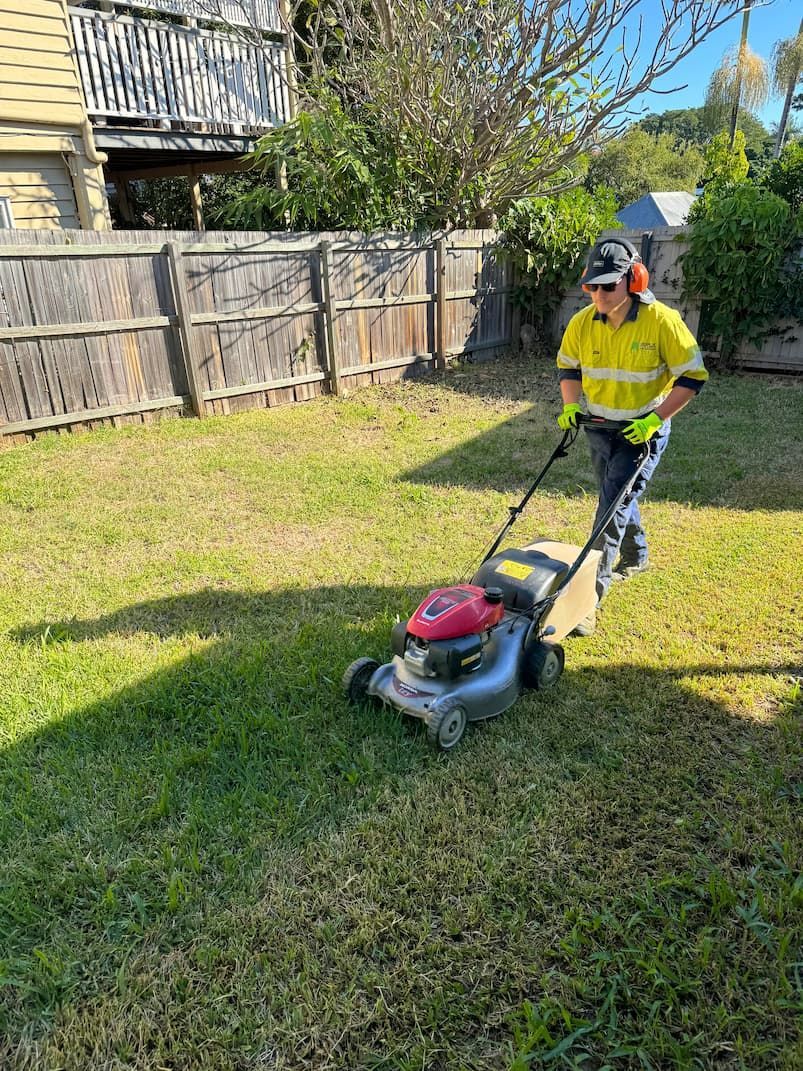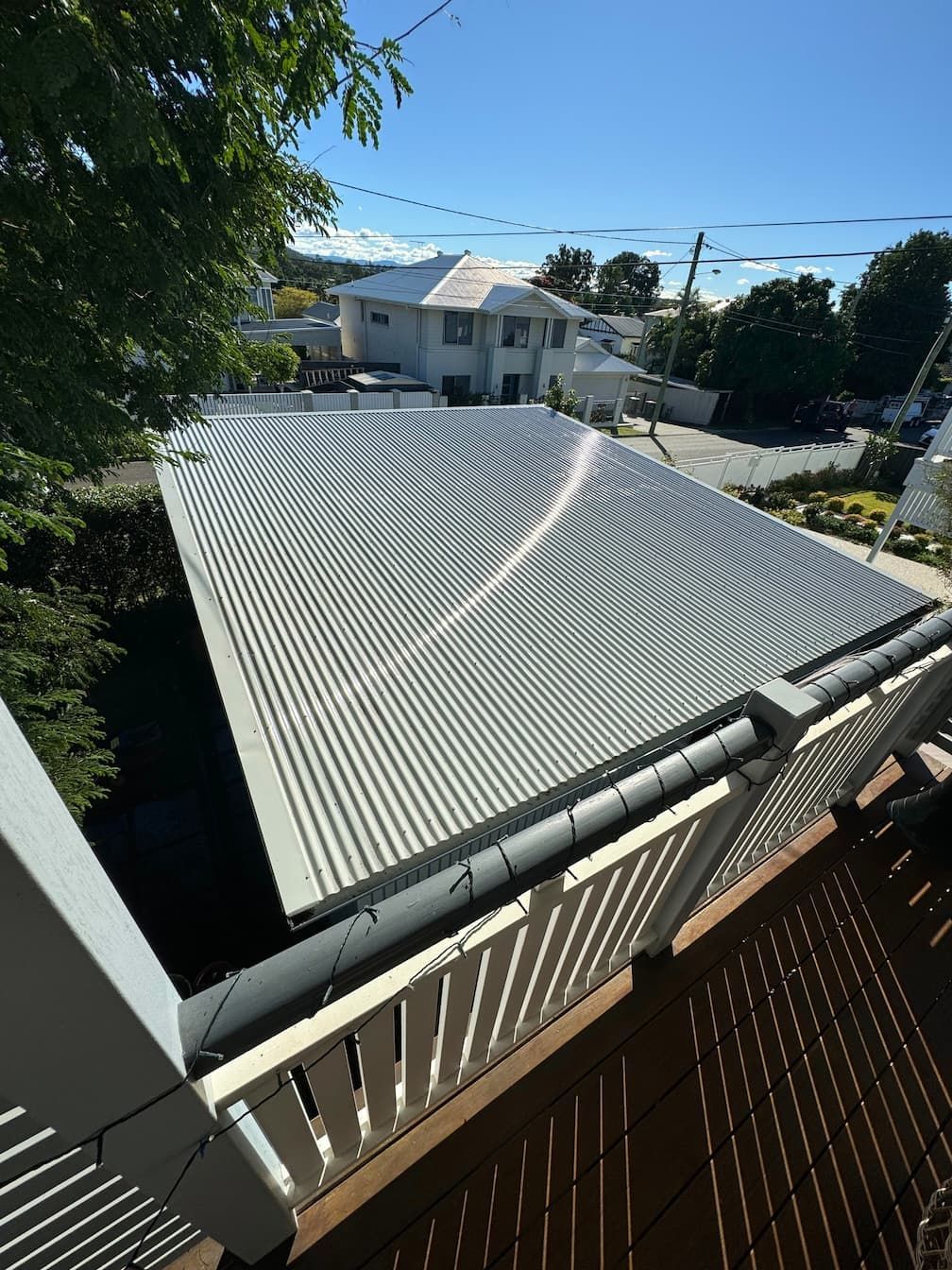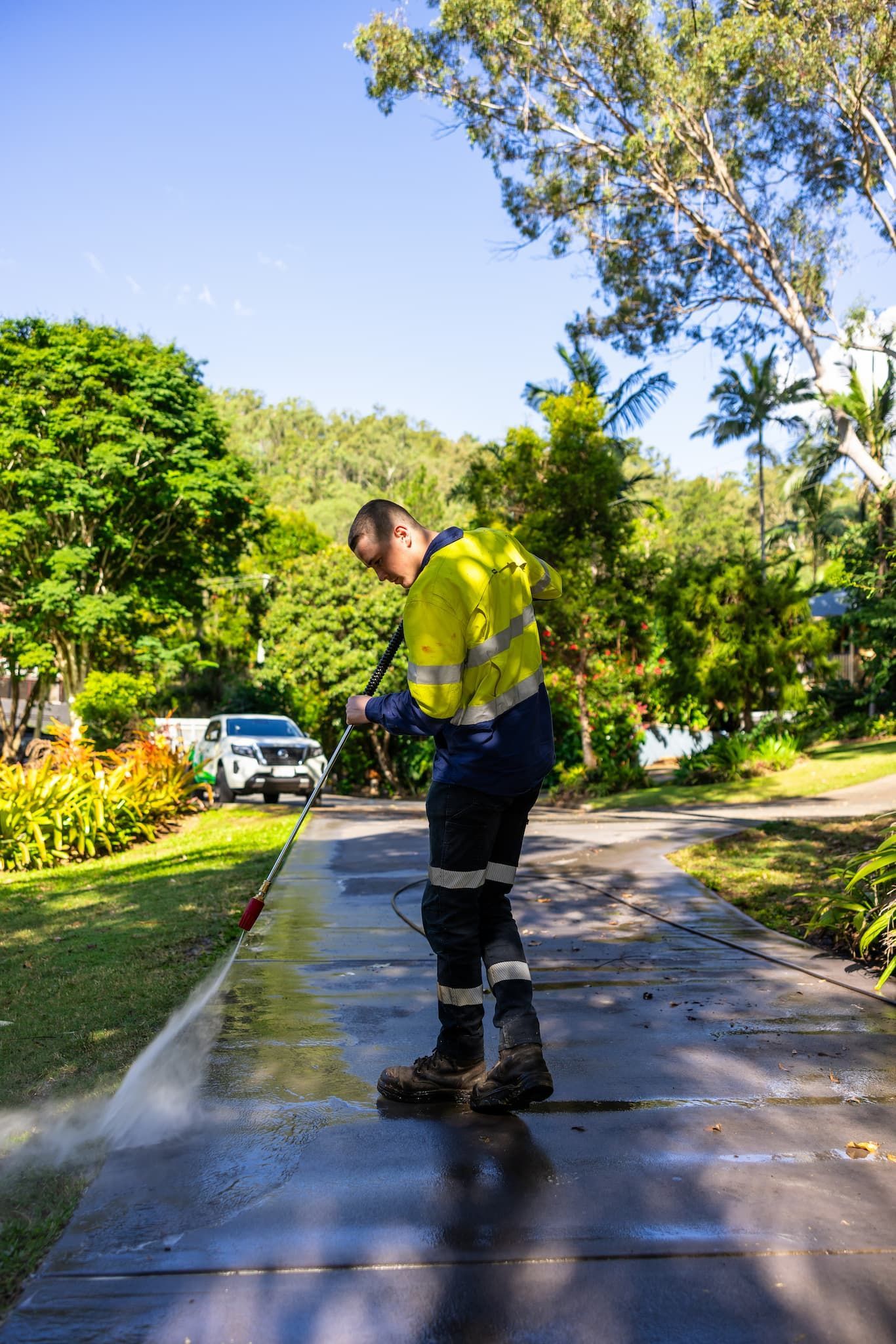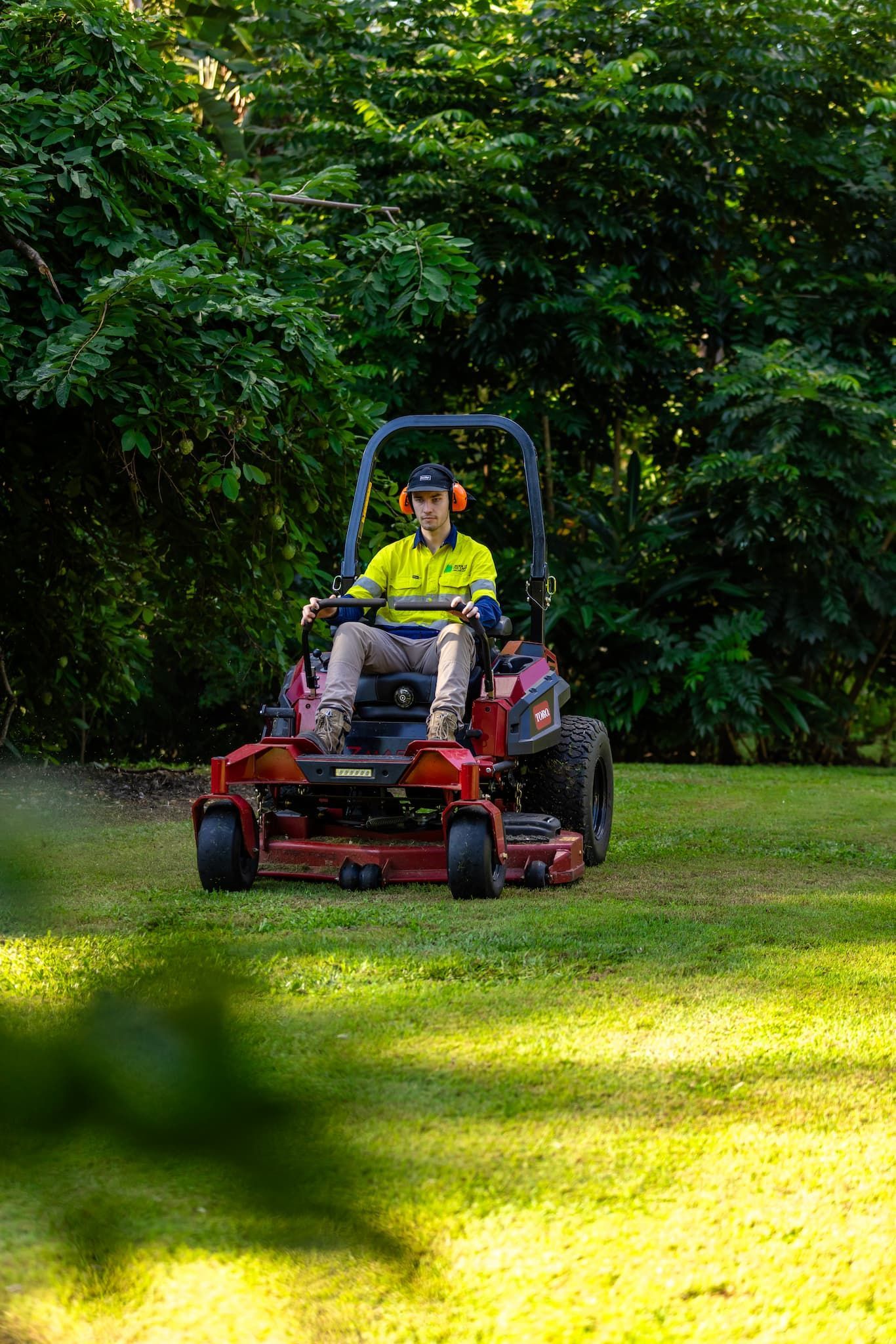What Is Softwashing?
Softwashing is an effective way to rejuvenate the exterior of your home, removing dirt, grime, mould and mildew. Whether you’re preparing for a fresh coat of paint or simply want to enhance your home’s kerb appeal, this guide will walk you through why softwashing is a popular technique among exterior property cleaners.
Understanding Softwashing
Softwashing is a cleaning method that uses a low-pressure spray to apply a blend of cleaning solutions to surfaces. Unlike pressure washing, which relies on the force of water to remove dirt, grime and mildew, softwashing uses specially formulated cleaning agents to break down and eliminate these contaminants. The low-pressure application ensures that surfaces are not damaged during the cleaning process.
Benefits of Softwashing
- Gentle on Surfaces: Softwashing is ideal for cleaning delicate surfaces such as roofs, painted wood and vinyl siding. The low-pressure application prevents damage that can be caused by high-pressure washing.
- Long-Lasting Clean: The cleaning solutions used in softwashing not only remove existing contaminants but also inhibit the growth of algae, mould, and mildew. This results in a longer-lasting clean compared to pressure washing.
- Environmentally Friendly Options: Many softwashing solutions are biodegradable and eco-friendly, making them a safer choice for the environment and your landscaping.
- Comprehensive Cleaning: Softwashing can effectively remove a variety of stains, including organic growth like lichen and moss, which are often resistant to pressure washing.
Softwashing vs Pressure Washing
Pressure Washing:
- Uses high-pressure water to blast away dirt and grime.
- Can cause damage to delicate surfaces due to the high force of the water.
- Is effective for hard surfaces like concrete driveways and sidewalks.
- Does not always prevent the regrowth of algae and mould.
Softwashing:
- Uses low-pressure water combined with cleaning solutions to gently clean surfaces.
- Is safe for delicate materials and surfaces prone to damage from high pressure.
- Provides a deeper clean by killing organic growth at the root, preventing regrowth.
- Is suitable for a wider range of surfaces, including roofs, siding, and outdoor furniture.
Chemicals Used in Softwashing
Softwashing relies on a variety of cleaning solutions, typically including surfactants, bleach and water. These chemicals are carefully chosen to be effective yet safe for the environment when used correctly.
- Surfactants: These are cleaning agents that help to break down dirt and grime, making it easier to remove. Many surfactants used in softwashing are biodegradable and environmentally friendly.
- Sodium Hypochlorite (Bleach): This is a common ingredient in softwashing solutions due to its effectiveness in killing mould, mildew and algae. When diluted properly and used responsibly, it is safe for the environment and can break down into harmless salt and water.
- Water: The primary component used to dilute the cleaning solutions. The use of low-pressure water ensures minimal impact on the environment.
It's important to note that while these chemicals can be eco-friendly, their proper use and disposal are crucial to minimising environmental impact. Professional softwashing services are well-versed in the correct application and disposal methods to ensure safety.
Materials Softwashing Works Well On
Softwashing is a versatile cleaning method that works well on a variety of materials, including:
- Roofs: Especially effective on asphalt shingles, softwashing removes algae, moss and lichen without damaging the shingles.
- Vinyl Siding: Cleans thoroughly without risking damage or water intrusion.
- Wood: Ideal for painted wood surfaces and decks, softwashing prevents the chipping and peeling that can occur with high-pressure washing.
- Stucco: Safely removes stains and growth without compromising the integrity of the stucco.
- Brick: Softwashing can penetrate the porous surface of brick to remove deep-seated grime and organic growth.
Why Softwashing is Used Over Pressure Washing
There are several reasons why property owners and professionals might choose softwashing over pressure washing:
- Surface Protection: Softwashing prevents the damage that high-pressure water can cause to delicate surfaces, preserving the integrity and appearance of the materials.
- Effectiveness: The cleaning solutions used in softwashing are designed to break down and kill organic growth, providing a more thorough and long-lasting clean.
- Preventative Maintenance: Softwashing not only cleans but also helps to prevent the regrowth of algae, mould and mildew, reducing the frequency of cleaning needed.
- Versatility: Softwashing is suitable for a wide range of surfaces, making it a more versatile cleaning method for different areas of a property.
The Importance of Exterior Property Maintenance
Regular maintenance of your property’s exterior is essential for several reasons:
- Kerb Appeal: A clean and well-maintained exterior enhances the overall appearance of your property, creating a positive impression for visitors and potential buyers.
- Longevity: Regular cleaning and maintenance help to preserve the materials and surfaces of your property, extending their lifespan and preventing costly repairs.
- Health and Safety: Removing mould, mildew, and algae from exterior surfaces reduces the risk of health issues related to these contaminants and prevents slippery surfaces that can cause accidents.
- Property Value: Well-maintained properties retain their value better and can even increase in value over time, making maintenance a smart investment.
Conclusion
Softwashing is an effective, gentle and eco-friendly method for maintaining the exterior of your property. By understanding the benefits of softwashing, the differences between softwashing and pressure washing, and the importance of proper exterior maintenance, you can make informed decisions to keep your property looking optimal.
Whether you’re dealing with a roof covered in moss or a siding stained with mildew, get in touch with Order Of The Lawn in Brisbane for all things
pressure washing.
Site Links
Lawn Mowing
Pressure Cleaning
Contact
171 Flockton St, Everton Park 4053
Social Media
All Rights Reserved | Order Of The Lawn


